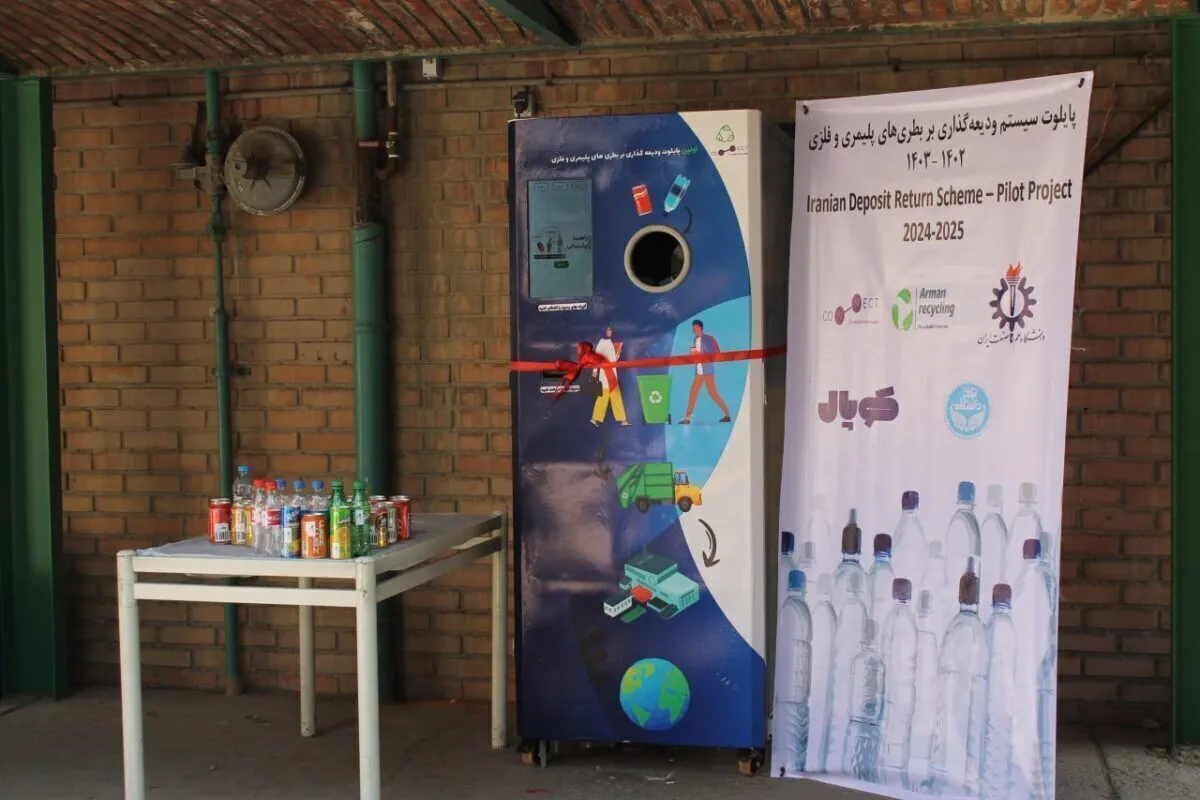Iranian University Implementing 1st Phase of Deposit Plan on Polymer Bottles

This plan will be implemented with the support of the International Scientific and Technological Cooperation Development Organization of the Iranian vice-presidency for science, technology and knowledge-based economy in the form of the Connect program until the end of the current Persian calendar year (March 20).
The purpose of this plan is to collect single-use metal and plastic bottles at the university level using depositing financial mechanisms that have been experienced in Iran and leading countries in the circular economy in the past years.
This pilot project will be the first systematic one-time bottle recycling project in Iran based on a deposit, which, if successful, can become a model for the development of this world-experienced idea in the country.
Mehdi Darab, a faculty member of Iran University of Science and Technology, was elected as the project manager and Iran University of Science and Technology was chosen as the main host of the project.
In Iran, in line with this global movement, the Department of Environment (DOE) has considered the national theme as ‘Invest in Our Planet by Reducing Plastic Waste’.
Plastic is a waste that is estimated to have produced more than 3 billion tons since the 1950s, and its volume continues to grow.
Waste is what the modern and industrial life brought to human beings, and is the most important current challenge of nature in all countries, including Iran.
Today, one of the most important environmental problems in the country is the mismanagement of waste, which incurs a loss of 448 trillion rials (nearly $1.7 billion) annually.
Annually, more than 61 million tons of various types of waste are produced in Iran, according to the DOE, an estimated 10 to 17 percent of the total produced waste is recycled. While in developed countries this number reaches up to 70 percent.
4155/v





















